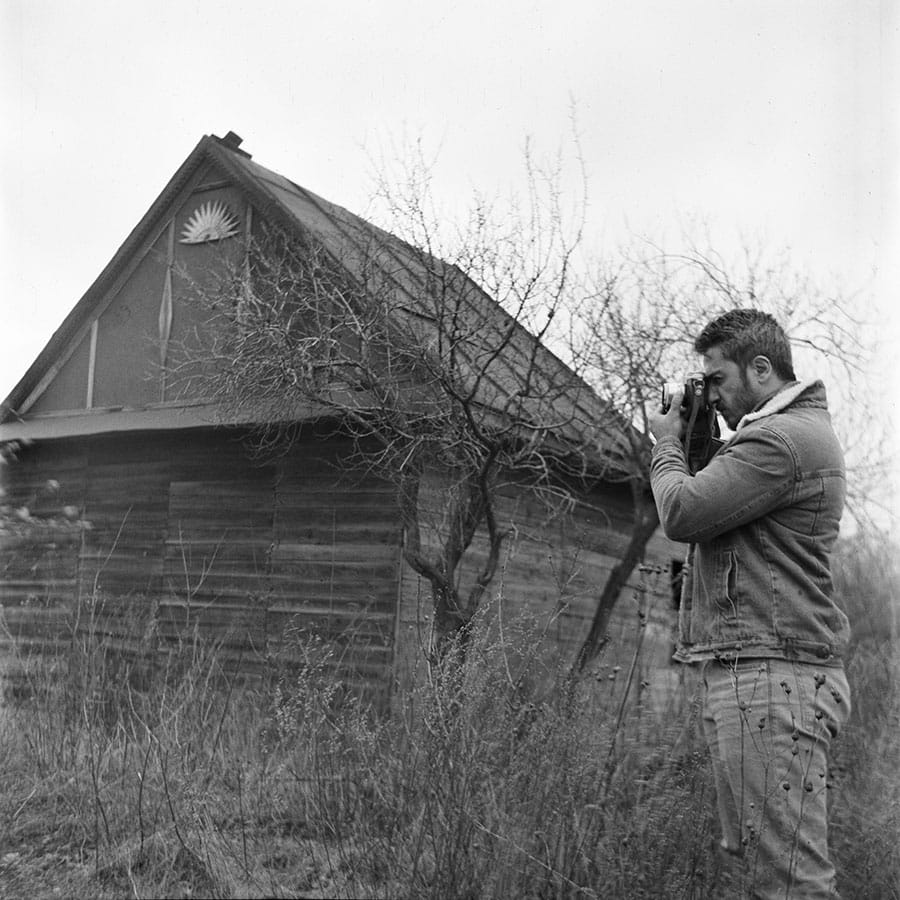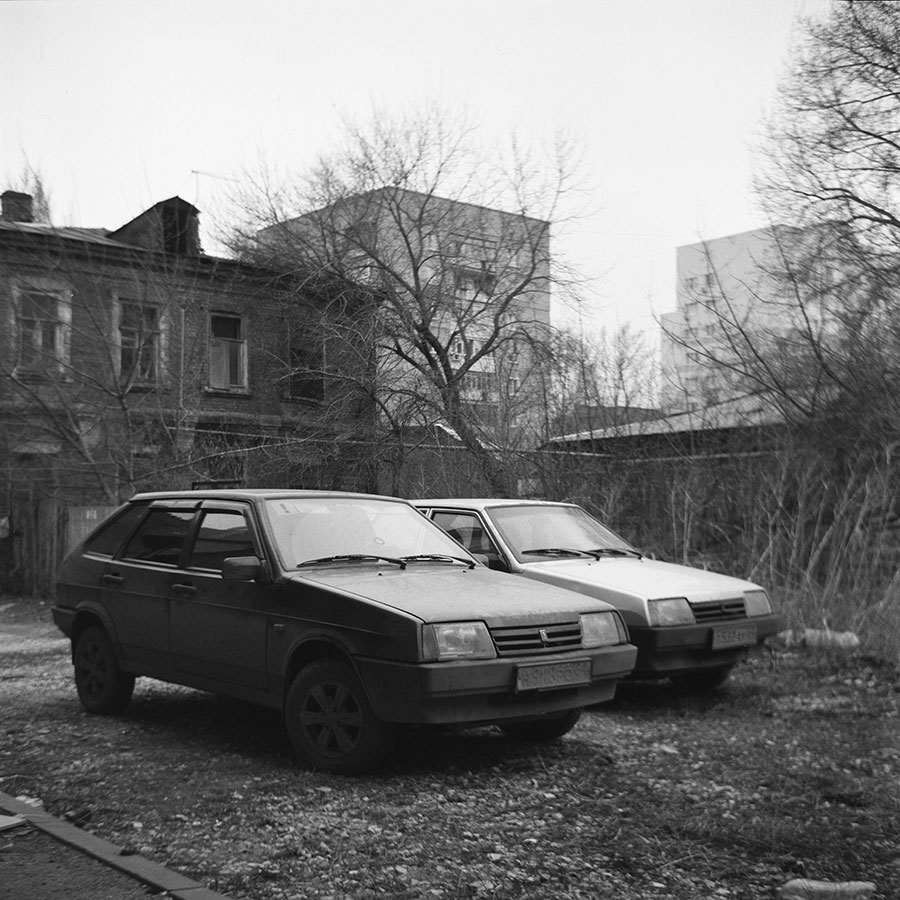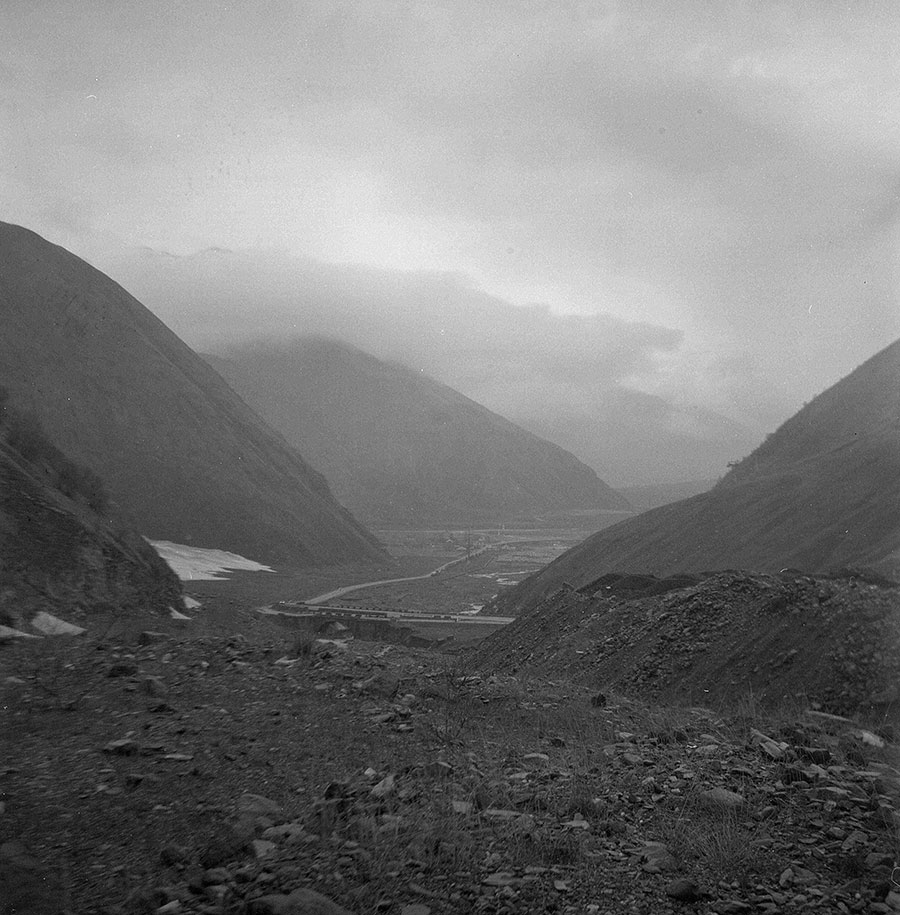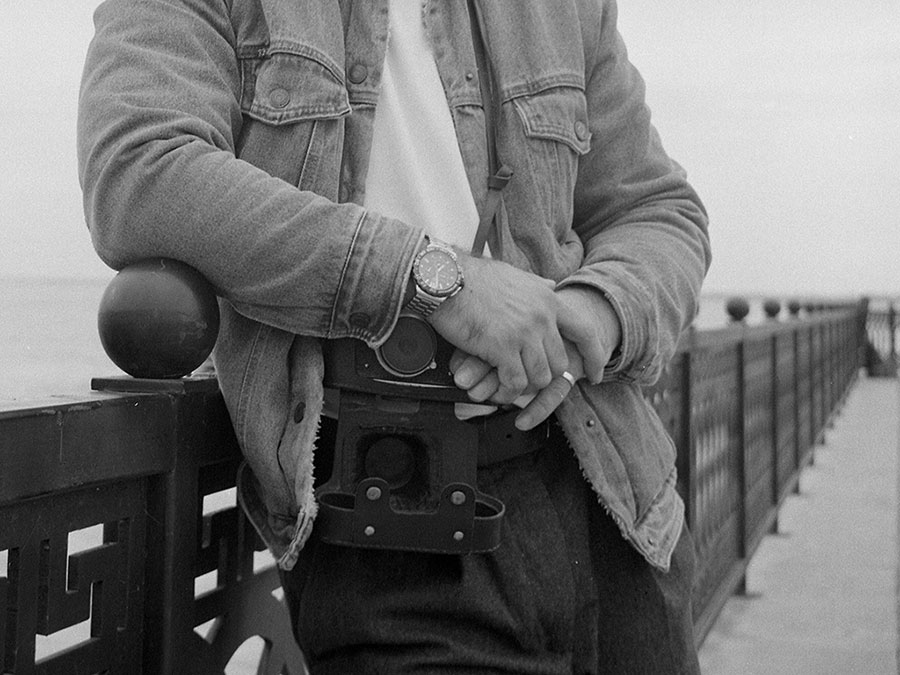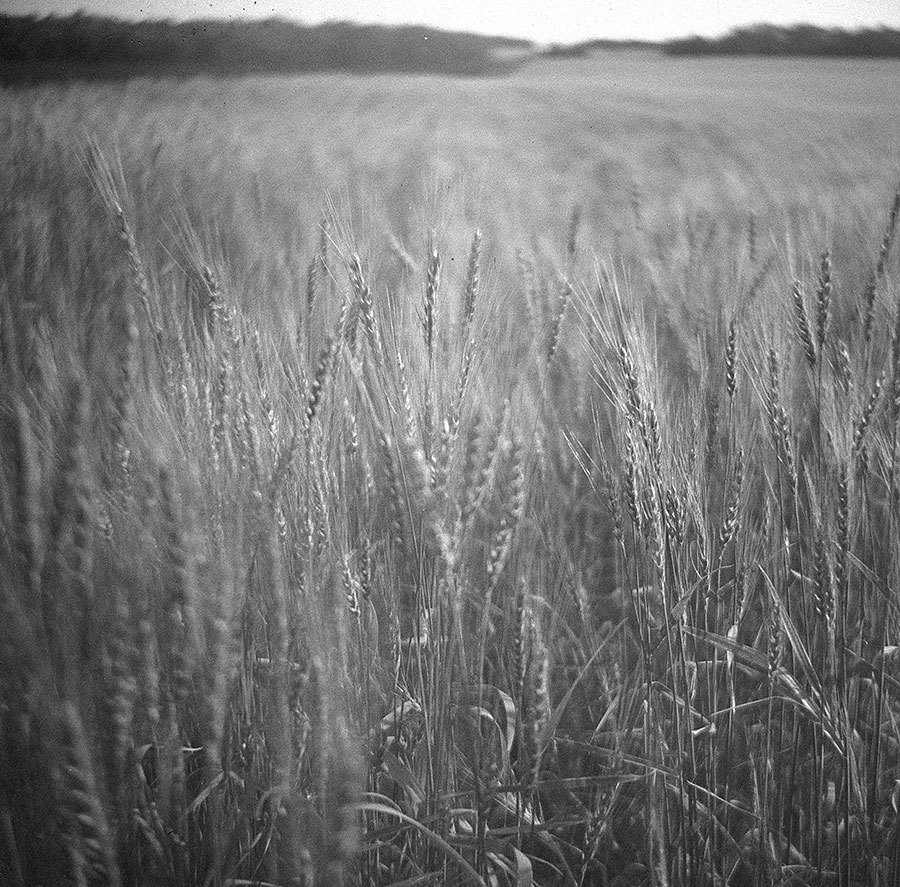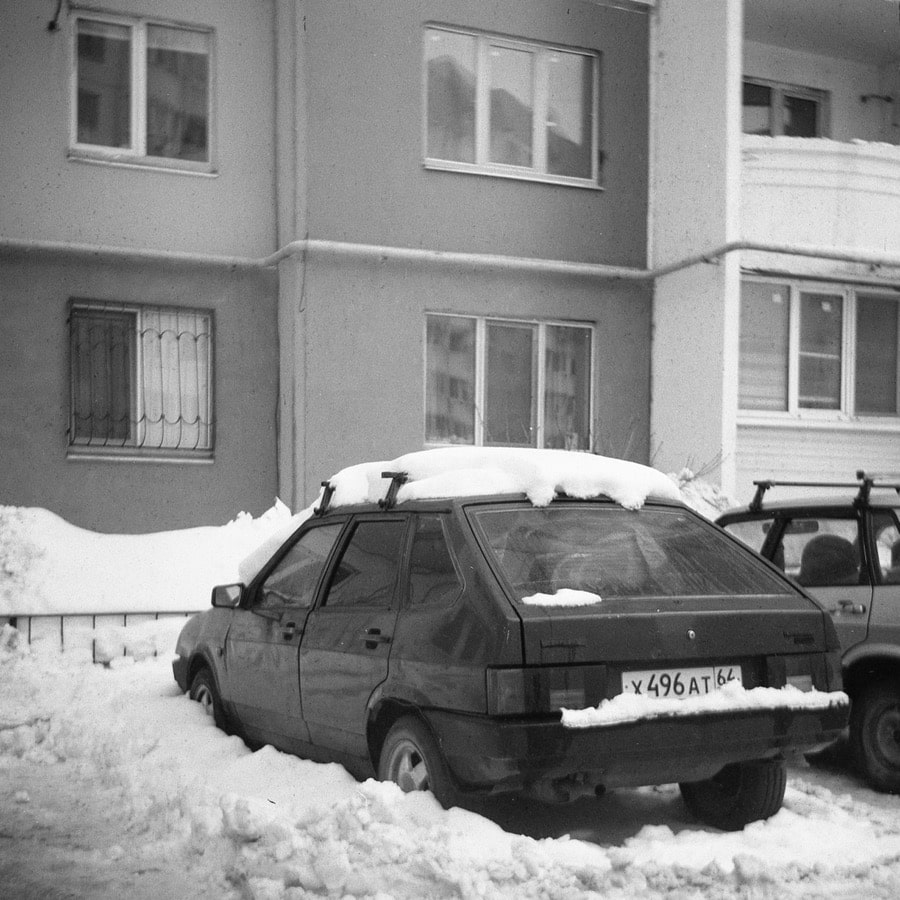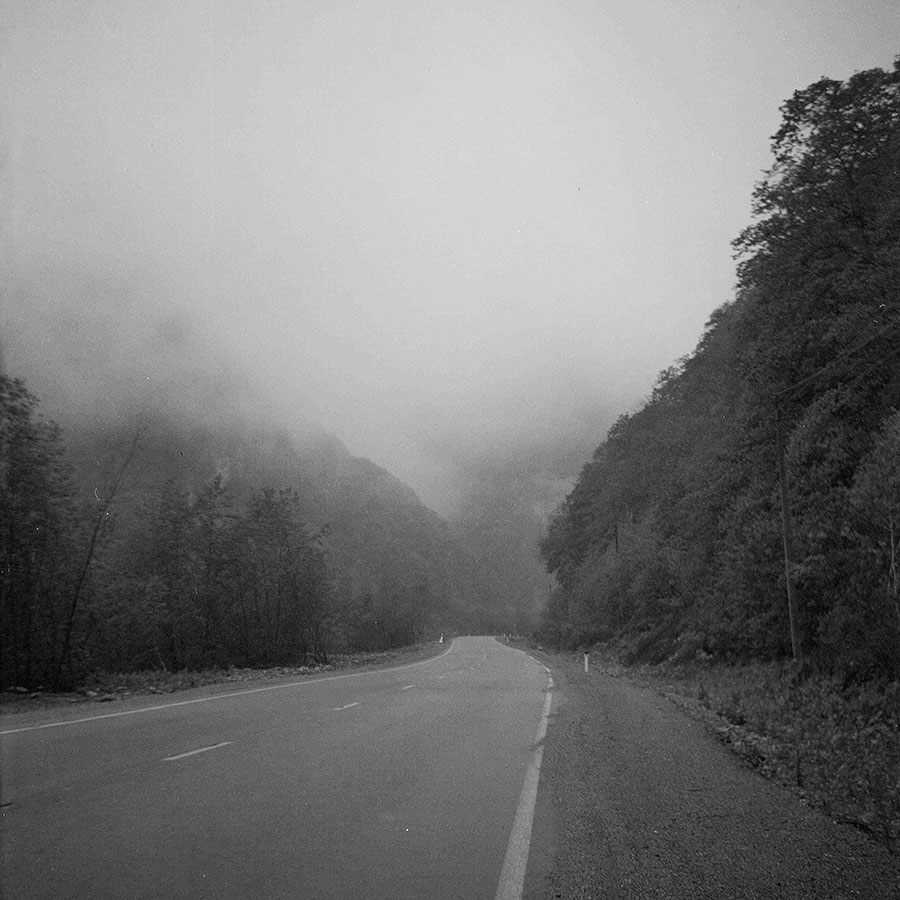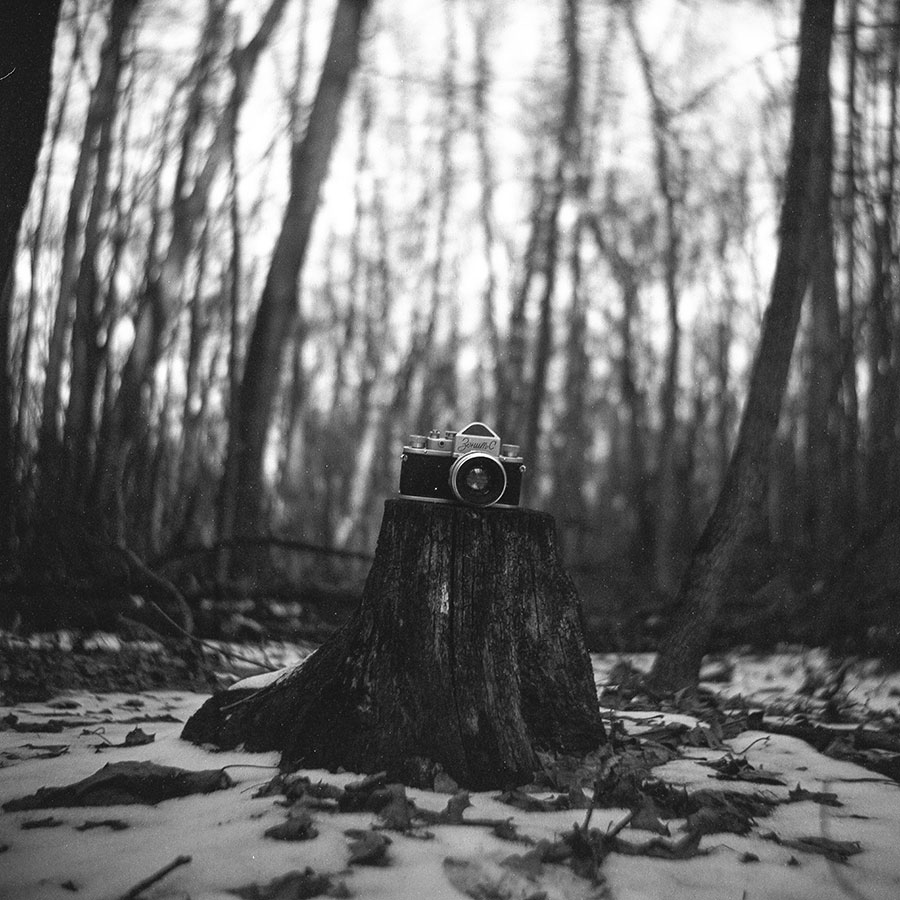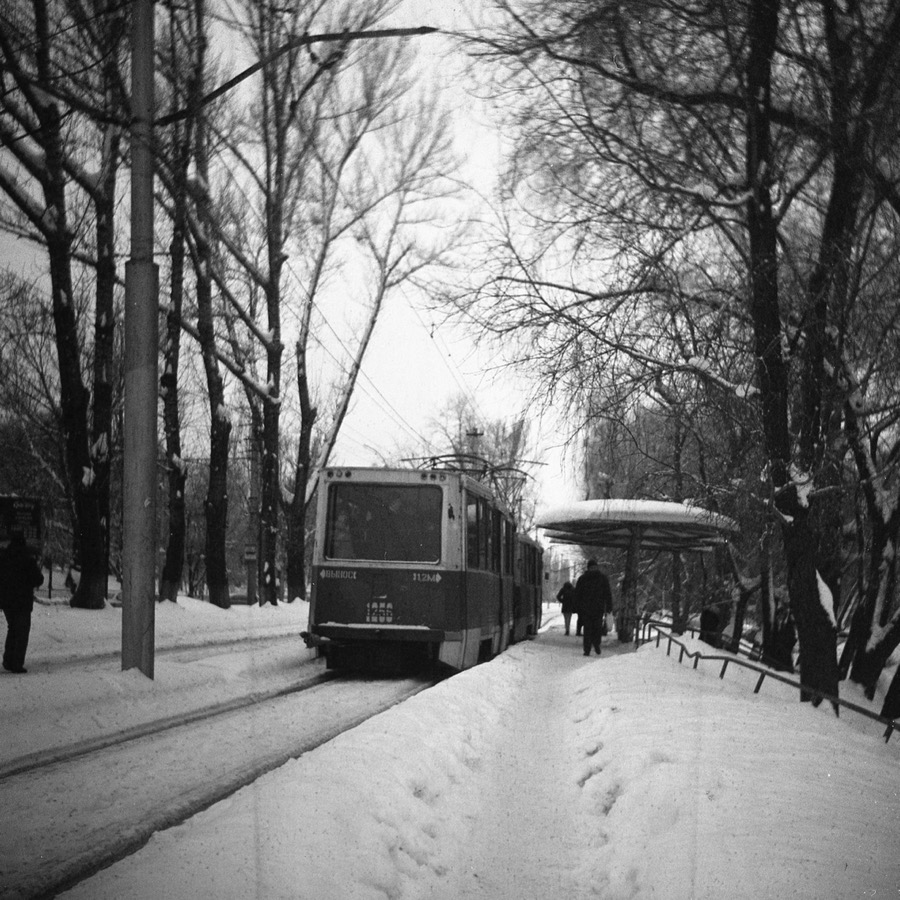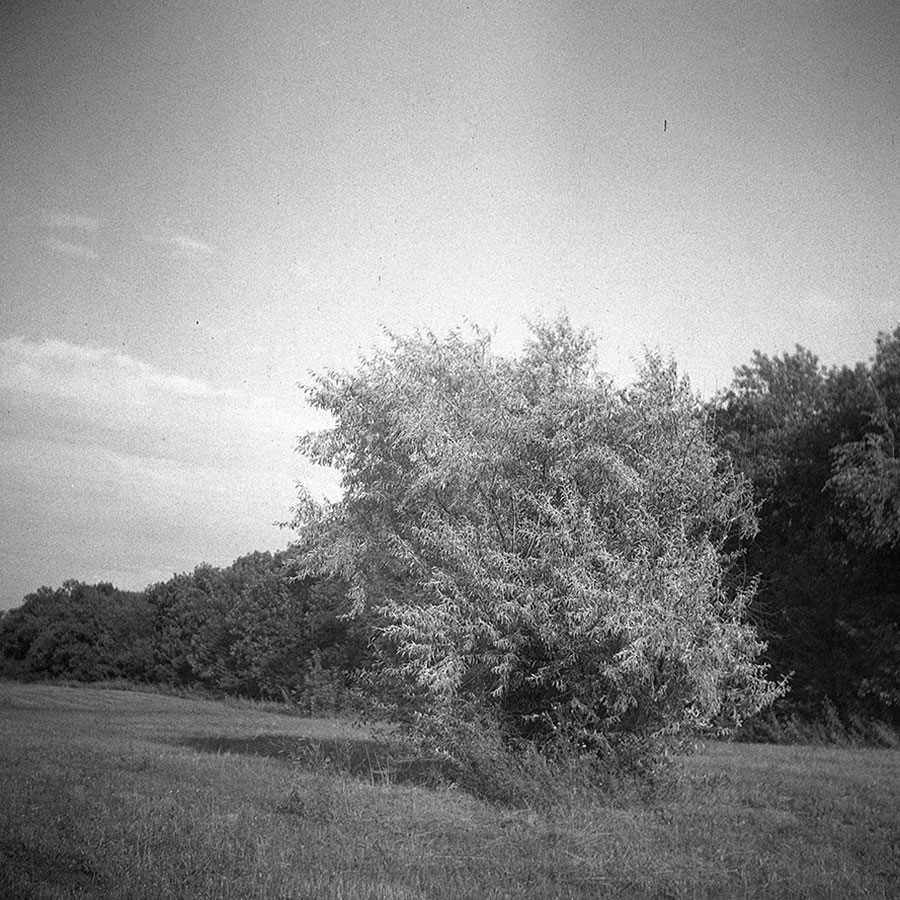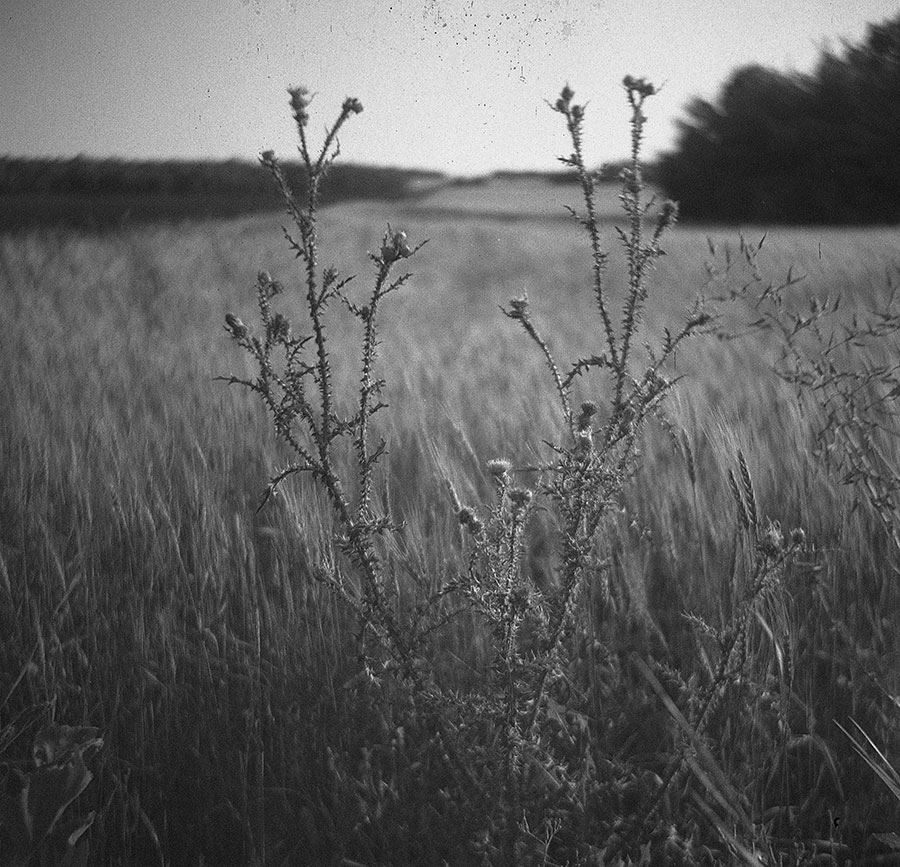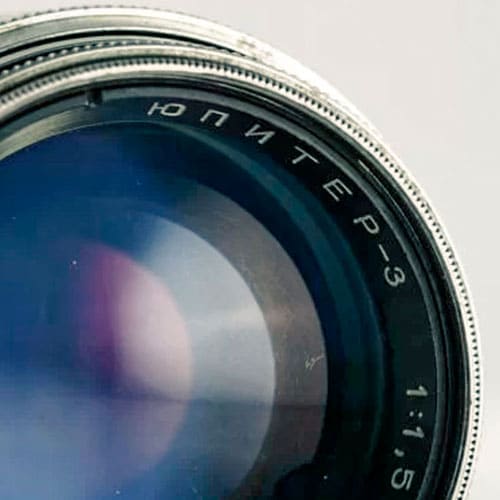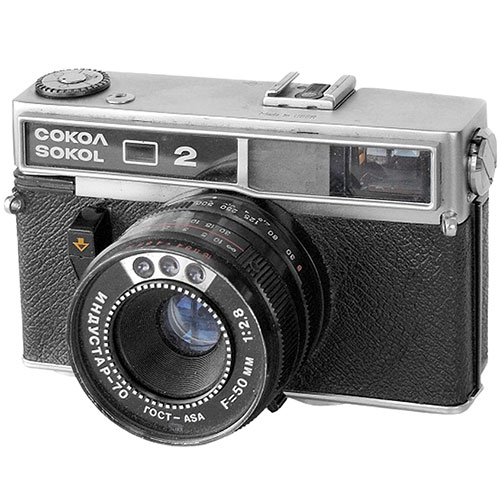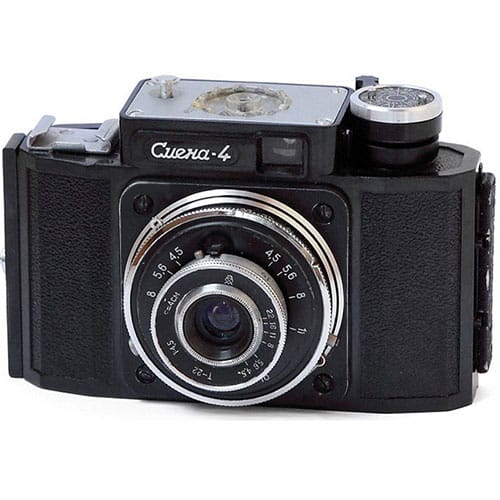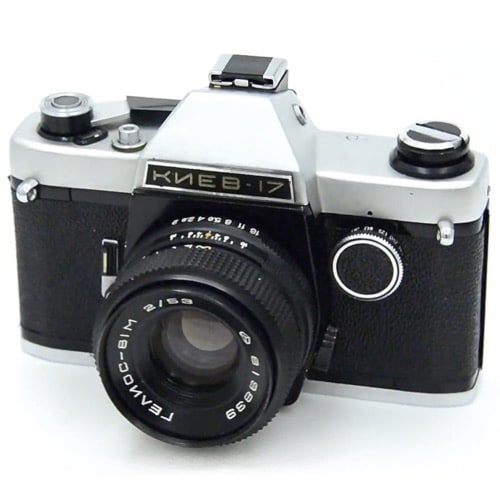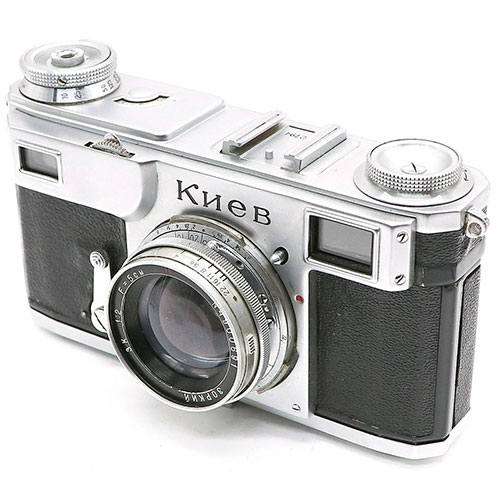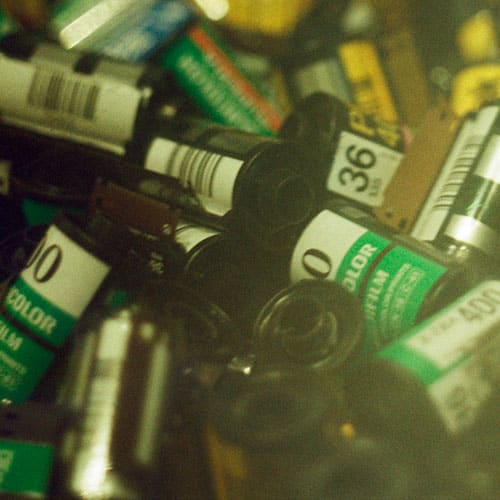Lubitel-166u
Lubitel-166u or Lubitel-166 Universal is a Soviet medium format twin lens reflex camera that was designed based on the Lubitel-166b camera.
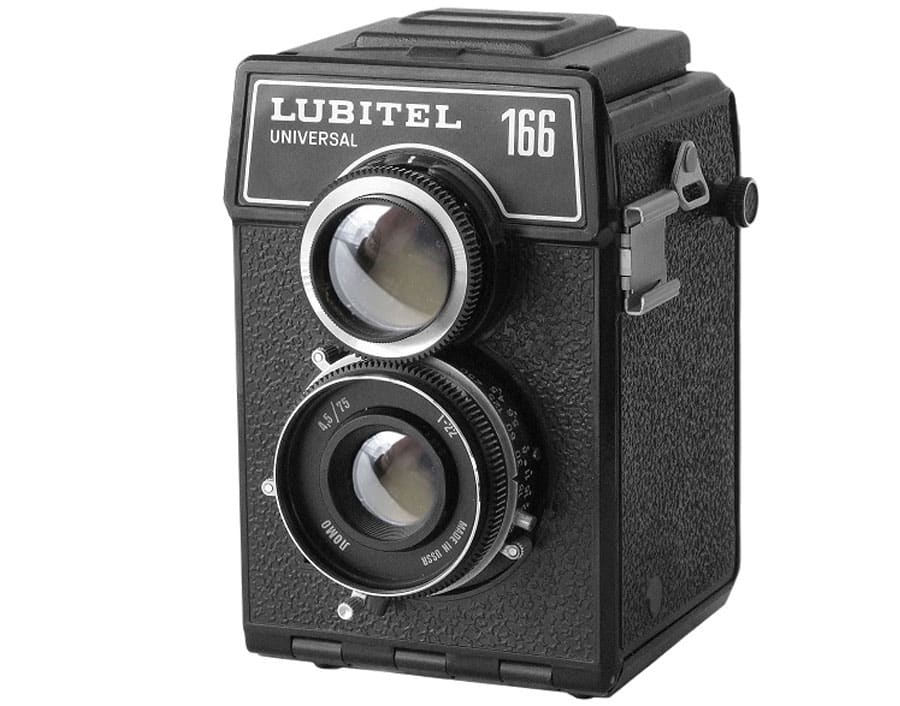
In fact, this is practically the same Lubitel-166b, but with a few minor innovations. The main innovation in Lubitel-166u is the ability to shoot not only in 6×6 format but also in 6×4.5 format (precisely because of this possibility, this camera is called the Universal).
Lubitel-166u Specifications
- Type: 120 film TLR camera
- Manufacturer: LOMO plant
- Production period: 1983-1996
- Format: 6x6cm and 4.5×6 on 120 film
- Lens mount: fixed lens
- Taking lens: T-22 f4.5/75
- Viewing lens: f2.8/75
- Shutter: leaf shutter with speeds from 1/15 to 1/250 sec.
- Viewfinder: waist-level finder
- Lighmeter: none
- Flash synchronisation: sync socket “X”
- Selftimer: mechanical
- Weight: 608 grams
As we said earlier, the Soviet industry was not very fond of changes and innovations, and from year to year used the same technical solutions in all its products. And the family of Lubitel cameras is no exception. Since the very first camera, few changes have been introduced into new models, and the cameras of the 90s practically did not differ from the cameras of the 50s.
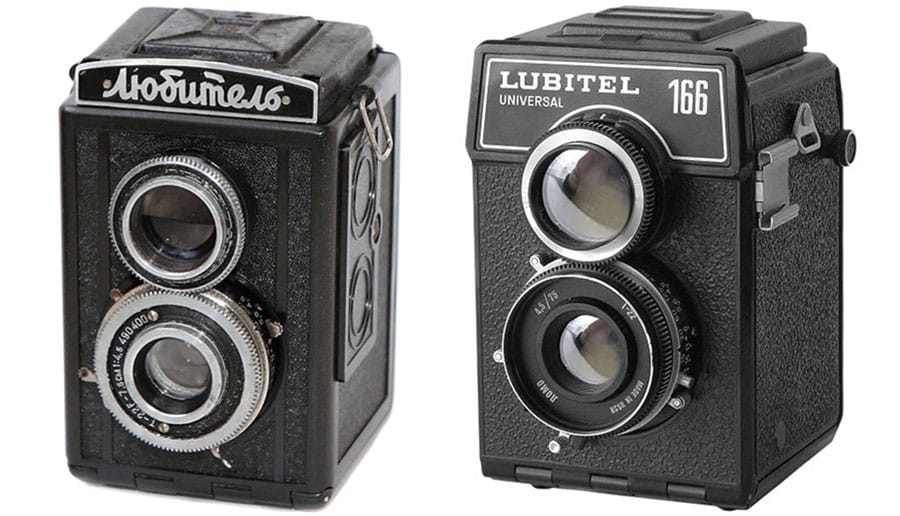
But of course, there were changes, albeit small ones. For example, in the Lubitel-166 Universal camera, you can take pictures not only in 6×6 format but also in 6×4.5 format. For this purpose, a special tab was bundled with the camera.
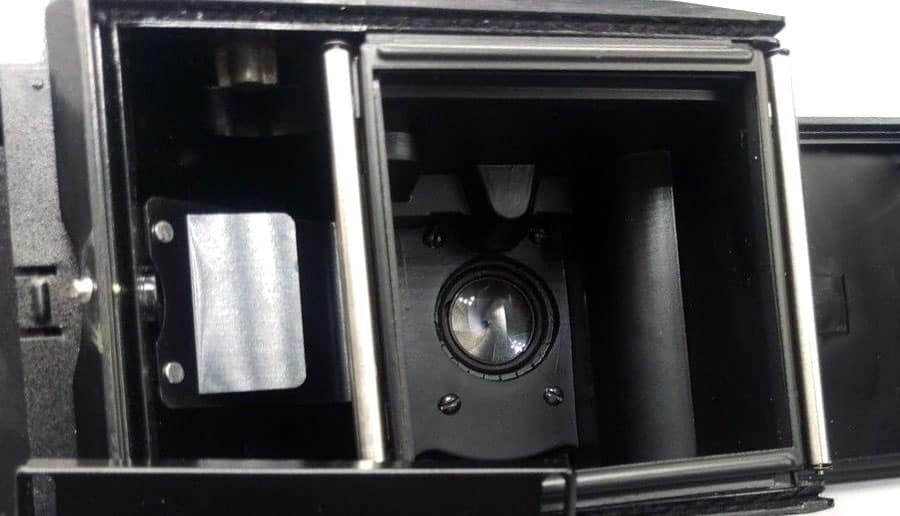
But basically, in the Lubitel-166u everything was almost the same as in the very first Lubitel cameras. The camera was also made of plastic, although of high enough quality (especially by Soviet standards).
Since Lubitel-166u is a medium format camera, it uses the standard 120 film, which is still actively sold, especially on the Internet. Rewinding is also performed using a special knob on the right side of the camera and is controlled visually using a window with a red filter on the back panel.
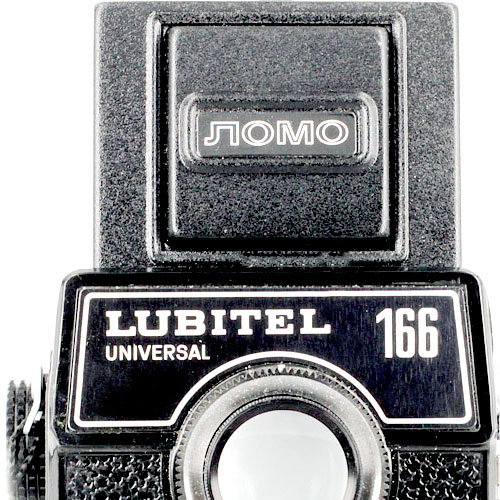
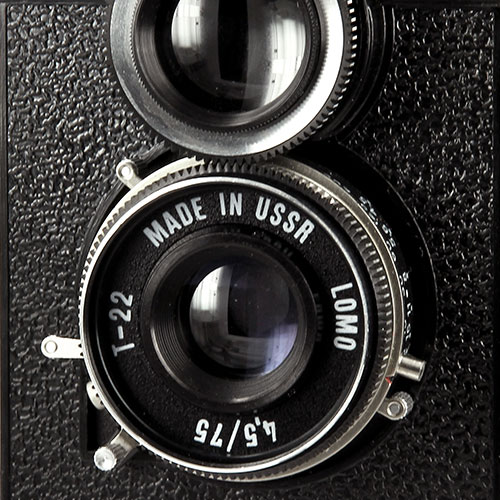
The cocking of the shutter and rewinding of the film in Lubitel-166 universal occur separately. This means that you can perform double exposure without any problems. You just need to remember about it, so as not to accidentally do it.
Like all other Lubitel cameras, Lubitel-166u is equipped with a central shutter with speeds of 1/250, 1/125, 1/60, 1/30, 1/15, and B. The shutter release cable helps a lot to take pictures at slow shutter speeds.
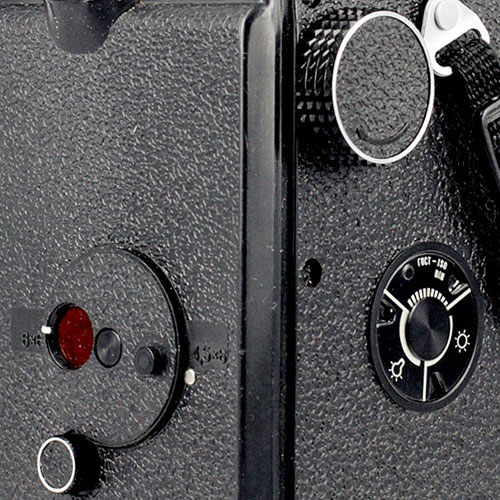
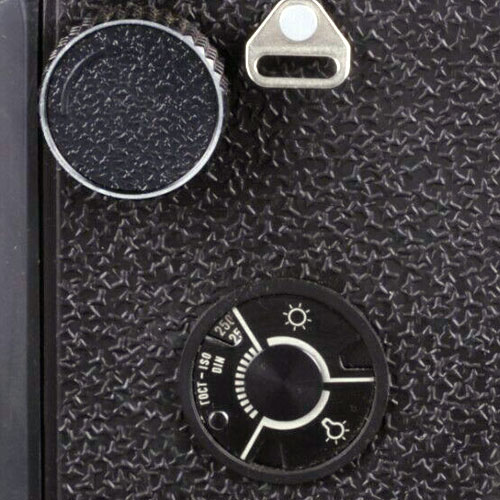
By the way, if we talk about the lens, then it also has not changed. The Lubitel-Universal camera also uses the good old T-22 4,5/75 Triplet lens with a single coating.
The viewfinder lens of Lubitel-166u (like all other Lubitel cameras) is much faster and has an aperture of f2.8, which greatly helps in focusing, given that the round ground glass in the center of the viewfinder is very dark.
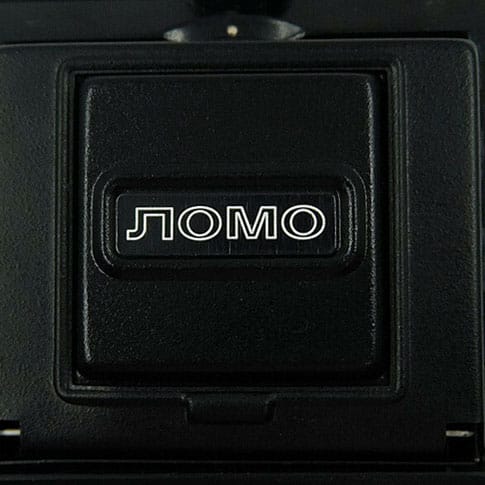
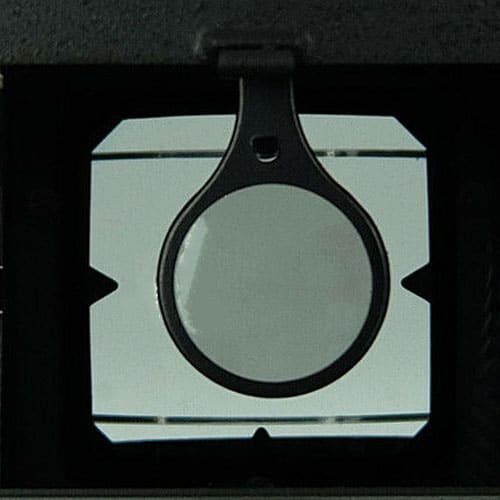
Conclusion
As we said earlier, the Soviet industry was not very fond of innovations. In the photo industry, this is also very noticeable. One of the most striking examples is the Lubitel cameras. Having started as a pretty good clone of the German Voigtländer Brilliant, Lubitel became one of the most beloved and popular medium format cameras in the Soviet Union. For several decades of production of different Lubitel models, practically no serious changes were made in design.
In the Soviet Union, plants quite often tried to create something very high-quality and focused on professionals, but faced with the harsh realities of Soviet reality. The poverty of the people, the absence of normal retail outlets, the interference of the state in all aspects of life each time made their own adjustments. Because of all this, the release of very many quite interesting cameras was either canceled or not started at all.
But with all this, the Lubitel cameras were very good, and to this day are a great solution to get started with medium format shooting.
LUBITEL-166U PHOTOS
